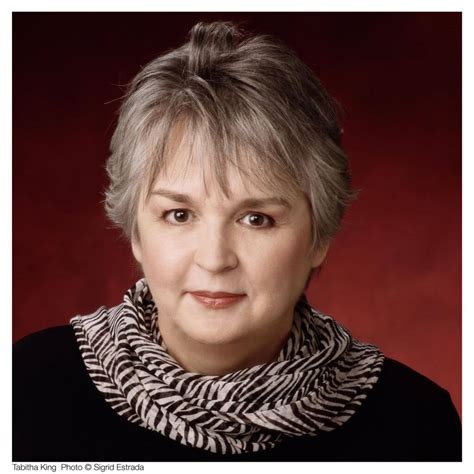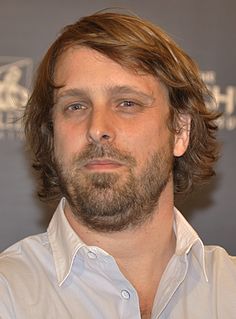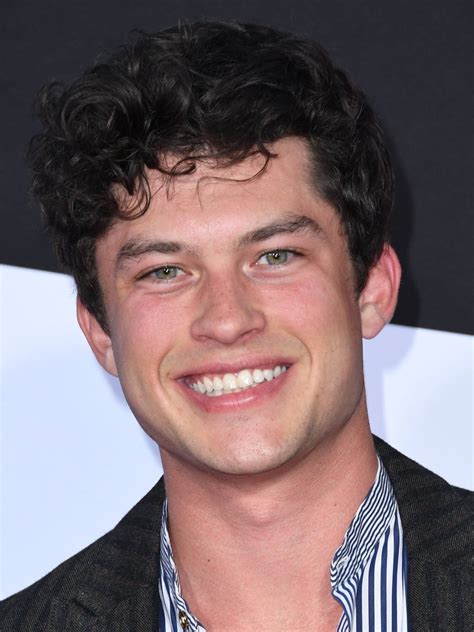A Quote by Tabitha King
Places are extremely important when writing a long story because place shapes a character.
Related Quotes
Who doesn't have a dark place somewhere inside him that comes out sometimes when he's looking in a mirror? Dark and light, we are all made out of shadows like the shapes on a motion-picture screen. A lot of people think that the function of the projector is to throw light on the screen, just as the function of the story-teller is to stop fooling around and simply tell what happened, but the dark places must be there too, because without the dark places there would be no image and the figure on the screen would not exist.
A dream inspiring a story is different than placing a description of a dream in a story. When you describe a character's dream, it has to be sharper than reality in some way, and more meaningful. It has to somehow speak to plot, character, and all the rest. If you're writing something fantastical, it can be a really deadly choice because your story already has elements that can seem dreamlike.
What drew me to Batman in the first place was Bruce Wayne's story, and that he's a real character whose story begins in childhood. He's not a fully formed character like James Bond, so what we're doing is following the journey of this guy from a child who goes through this horrible experience of becoming this extraordinary character. That, for me, became a three-part story. And obviously the third part becomes the ending of the guy's story.
It's funny - for a long time, I didn't know I was writing a book. I was writing stories. For me, each story took so long and took so much out of me, that when I finished it, I was like, Oh my gosh, I feel like I've poured everything from myself into this, and then I'd get depressed for a week. And then once I was ready to write a new story, I would want to write about something that was completely different, so I would search for a totally different character with a different set of circumstances.
Every good story needs a complication. We learn this fiction-writing fundamental in courses and workshops, by reading a lot or, most painfully, through our own abandoned story drafts. After writing twenty pages about a harmonious family picnic, say, or a well-received rock concert, we discover that a story without a complication flounders, no matter how lovely the prose. A story needs a point of departure, a place from which the character can discover something, transform himself, realize a truth, reject a truth, right a wrong, make a mistake, come to terms.
When you are writing, you have to love all your characters. If you're writing something from a minor character's point of view, you really need to stop and say the purpose of this character isn't to be somebody's sidekick or to come in and put the horse in the stable. The purpose of this character is you're getting a little window into that character's life and that character's day. You have to write them as if they're not a minor character, because they do have their own things going on.
My own writing has perhaps more of an American flavor than a British one, but that's because the stories I've so far written have needed it. 'Empire State,' 'Seven Wonders' and 'The Age Atomic' are all very place-centric, where the setting itself is almost a character. But there is a universality to story that isn't just limited to science fiction.



































